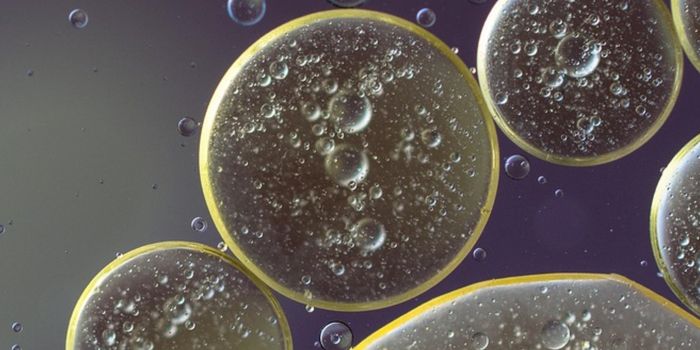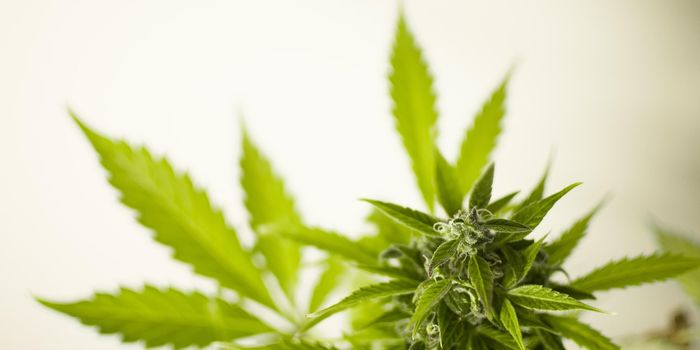Study Identifies Three Metabolites That Can be Used as Coffee Biomarkers
Researchers from the Leibniz Institute for Food Systems Biology at the Technical University of Munich (LSB) have identified three metabolites that could serve as biomarkers for individual coffee consumption. These metabolites are degradation products developed during coffee roasting, and biomarkers are more reliable than self-reports in terms of accurate amounts of consumed coffee. The results of the study were published in Food Chemistry.
The researchers examined the urine samples of six people three hours after they had consumed 400 ml of coffee. The team used high-performance analytical technologies such as nuclear magnetic resonance (NMR) and time-of-flight mass spectrometry (ToF-MS), and self-produced reference substances to identify three candidate biomarkers in the urine. This is the first study to clearly determine their chemical structure, which is a glucuronic acid conjugate of atractyligenin. Coffee drinks contain high concentrations of glycosides and two glucuronic acid derivatives of an atractyligenin oxidation product. In human metabolism, glucuronic acid facilitates the detoxification process of nonpolar substances. The body converts these substances (ingested drugs, plant substances, and endogenous steroid hormones) to glucuronides in the liver by binding them to glucuronic acid. Since glucuronic acid conjugates are much more water-soluble than the original substances, they can be easily excreted in the urine via the kidneys.
Numerous observational studies have indicated a link between moderate coffee consumption and reduced risk of type 2 diabetes and other health conditions. Food-specific biomarkers are critical to research on nutrition and health effects. According to study author Lang, “Complementary studies would therefore be desirable in which coffee consumption could be objectively verified using biomarkers in order to determine the health value of coffee even more reliably.” Coffee biomarkers can be useful in terms of exploring variations in coffee strains since coffee harvesting and processing influence the taste of the bean.
Previous studies have successfully identified biomarker candidates, but this study offers critical insights to guide future examination of the molecular structure of the metabolites.
Sources: Eureka News Alert, Food Chemistry, Leibniz Institute for Food Systems Biology at the Technical University of Munich (LSB)








